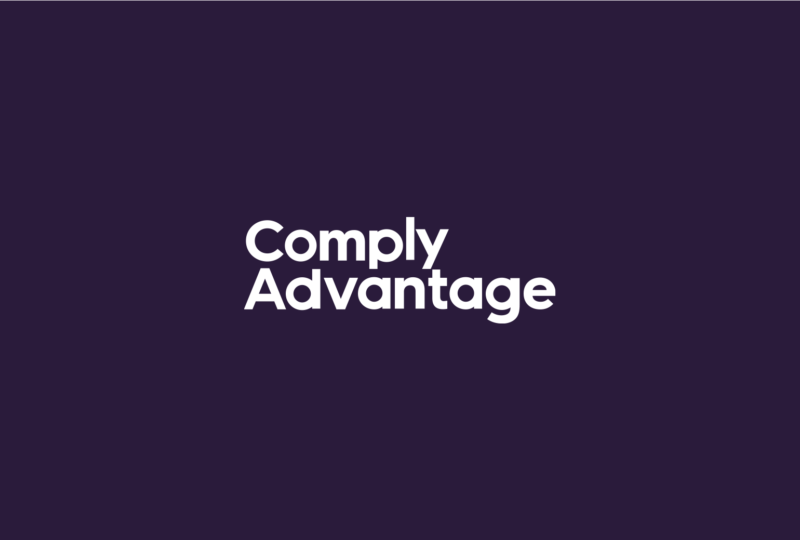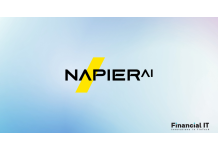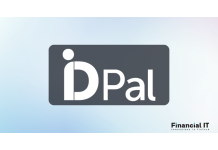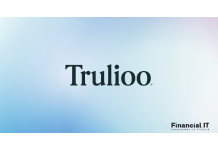Alloy Launches Its First Perpetual KYB and Customer...
- 21.01.2026 09:15 am
MV Shield, Powered By Napier AI, Launches To Deliver...
- 16.01.2026 10:15 am
Ballerine Launches Trusted Agentic Commerce Governance...
- 16.01.2026 09:05 am
UK Headline: EMEA Drives 50% of Global AML Fines As...
- 13.01.2026 01:45 pm
Regnology Signs an Agreement To Acquire Moody’s...
- 19.12.2025 08:45 am
XBO.com Selects Sumsub To Strengthen Global KYC/KYB...
- 10.12.2025 08:15 am
ID-Pal Announces Strategic Acquisition of KYB...
- 02.12.2025 11:45 am
Formue Partners with Strise to Overhaul Manual KYB...
- 01.12.2025 09:15 am
NEXT Biometrics Enters Vietnamese Market, Secures...
- 21.11.2025 09:35 am
Trulioo Expands KYB Leadership With Launch of Credit...
- 14.11.2025 09:15 am
Ondato Launches AML Ranger: AI Assistant Tool...
- 24.10.2025 03:45 pm
World Anti-Corruption Conference: UK Money Laundering...
- 24.10.2025 09:55 am






















